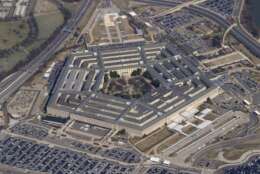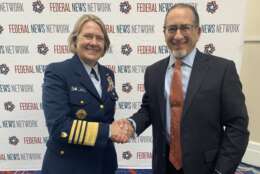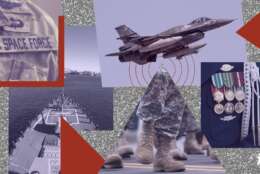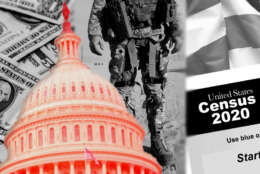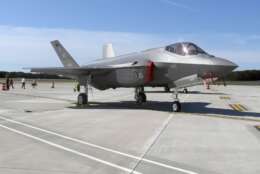Defense Industry
-
It’s been decades since the last time the Defense Department took an in-depth look at how its contract policies affect the financial health the defense industrial base.
April 18, 2023 -
A list of suggestions from an Atlantic Council commission offers ways to improve DoD’s acquisition process.
April 13, 2023 -
DoD's study, published Monday, is its first thorough examination of how its contract policies impact the industrial base since 1985.
April 11, 2023 -
Human migration patters, the billowing drug trade, allies nervous about China, it's all picked up the pace for the U.S. Coast Guard.
April 04, 2023 -
The Office of Strategic Capital directs funding to projects traditional venture capital might overlook.
March 20, 2023 -
More than 17,000 companies left the Defense Industrial Base over the past five years, according to an annual assessment by one of the Defense industry's main trade associations.
February 10, 2023 -
Eric Crusius, a partner with Holland & Knight, explains how the cybersecurity compliance regime for contractors will continue to grow whether or not DoD finalizes CMMC
February 08, 2023 -
For various reasons, defense contractors have quite a bit of Defense Department property in their possession. But DoD can only guesstimate how much it's all worth.
February 01, 2023 -
The Army recently appointed its first ever lead trial counsel, a Senate-confirmed one-star general. Her job will be to prosecute cases of murder, rape and sexual assaults.
January 23, 2023 -
Margaret Boatner, the deputy assistant secretary of the Army for strategy and acquisition reform, said the service will hire as many as 10 experts to help acquisition offices and vendors improve their management of intellectual property.
January 17, 2023 -
Microsoft, Amazon Web Services, Google and Oracle won spots on DoD’s Joint Warfighting Cloud Capability (JWCC) vehicle.
December 07, 2022 -
No one knows what the F-35 aircraft can do in a war, say, over Taiwan. One thing we do know is the fifth-generation fighter, now something like 20 years in development, has economic significance. Something like $72 billion F-35 dollars is spread throughout the U.S. economy every year. For more details, the Federal Drive with Tom Temin spoke with Kevin Michaels, the managing director of AeroDymanic Advisory.
November 04, 2022 -
The DoD’s CIO and its Office of Undersecretary of Defense for Acquisition and Sustainment will remove weapons systems from the network if they are not cyber secure.
October 10, 2022 -
Inflation has seeped into every area of the economy, both goods and labor. For federal contractors, operating under fixed-priced contractors, and for the Defense Department, the pressure is real. Now the National Defense Industrial Association has completed a detailed look at just how inflation has affected budgets. The Federal Drive with Tom Temin got the highlights from the association's chairman, retired Marine Corps Maj. Gen. Arnold Punaro.
September 22, 2022 -
GSA and DoD updated policies to require make it a little easier for vendors to raises prices under current contracts.
September 15, 2022



